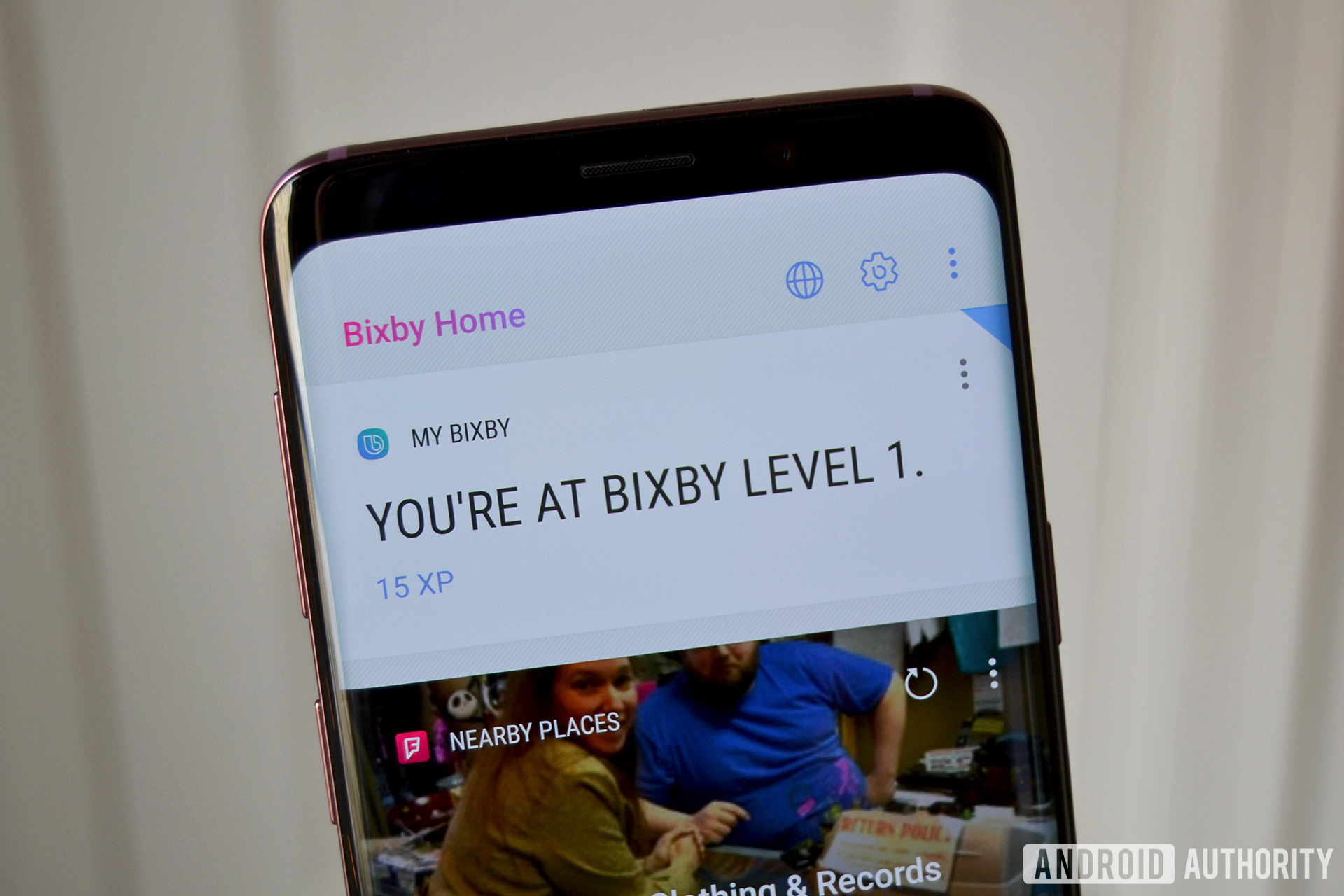
- Samsung announced that it will integrate its Bixby voice assistant into every one of its products by 2020.
- The goal is to create an ecosystem that can be controlled through the SmartThings app.
- Samsung featured Bixby in its flagship smartphones and looks to launch an updated version alongside the Galaxy Note 9.
Thanks to Amazon Alexa, Google Assistant, Apple’s Siri, and Microsoft’s Cortana, the virtual assistant market is a crowded one. Nonetheless, Samsung entered the fray with Bixby in 2017 with the Galaxy S8 and S8 Plus and looks to include its assistant in every single one of its devices.
In an interview with The Wall Street Journal, Samsung’s head of consumer electronics Kim Hyun-suk confirmed that the company will include internet connectivity and its virtual assistant in all of its products by 2020. The goal, said Kim, is to turn Samsung’s army of devices into a legitimate ecosystem that will be centralized with the SmartThings app.
Kim acknowledged that Samsung’s previous AI efforts did not work due to a lack of cohesion with the products it shipped. Samsung does not want to repeat those mistakes and is seemingly all-in on AI, the hot new buzzword that numerous smartphone manufacturers have thrown around as of late.
Samsung views AI as central to its efforts to fend off its Silicon Valley and Chinese rivals, said Kim. The company opened three new AI research centers this month and even formed an AI Council. The group, which includes 20 of Samsung’s top executives, meets once every other month.
Samsung’s intensified focus on AI is great and all, but Bixby must get better if the company is to succeed with its vision. Keep in mind that Samsung delayed the virtual assistant’s launch over its struggles with the English language. It has since overcome those struggles, though it is tough to find someone that likes to use Bixby.
Samsung hopes to change that with Bixby 2.0, which Samsung AI research center head Gray G. Lee confirmed in a separate interview. According to Lee, Bixby 2.0 will include enhancements to its natural language processes, noise resistance, and response times.
Lee also confirmed that the upgraded virtual assistant will launch alongside Samsung’s next flagship smartphone, which is likely the Galaxy Note 9. Lee did not say much else, though Bixby 2.0 might reap the benefits of Samsung’s recent AI startup acquisition.
Overall, it seems that Samsung wants to go the distance with Bixby, regardless of what that distance ends up looking like.

Be the first to comment